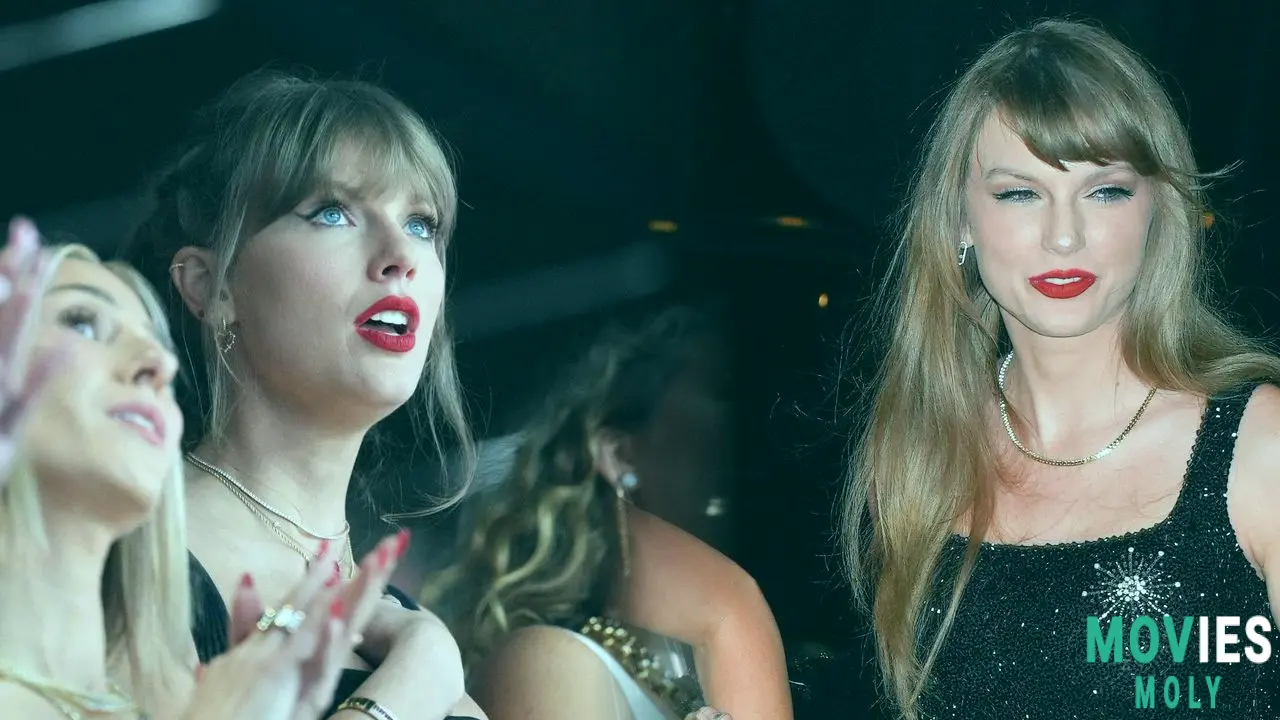Taylor Swift has been drawn into one of Hollywood’s most chaotic legal battles despite having no creative role in the film at its center. The superstar was subpoenaed in the ongoing lawsuit between Blake Lively and Justin Baldoni, officials say. But Swift’s only link to the controversy is her song.
That song is “My Tears Ricochet,” which appears in the soundtrack for It Ends With Us, the film directed by Baldoni and starring Lively. Swift never set foot on the set, never reviewed the footage, and wasn’t involved in any casting or script decisions. Her team says the subpoena is nothing more than a tactic to generate media buzz.
This legal battle is dragging in Taylor Swift despite minimal film involvementLegal documents show Swift’s name surfaced in part because of a series of text messages exchanged between Lively and Baldoni. According to Baldoni’s defamation countersuit, which targets Lively, her husband Ryan Reynolds, and their PR team, the director claims the three of them — including Swift — pressured him to accept script changes in the film.
One key moment in the complaint describes a meeting at Lively and Reynolds’ New York penthouse. Swift reportedly praised Lively’s rewritten version of a rooftop scene. Baldoni later messaged Lively, saying he liked the new pages and didn’t feel pressured “with Ryan and Taylor.”
In response, Lively sent a text that’s now under intense scrutiny. Comparing herself to Daenerys from Game of Thrones, she called Reynolds and Swift her “dragons.” She added, “My dragons also protect those I fight for… You will too, I can promise you.”
Swift’s team says the subpoena is a ploy for “tabloid clickbait”
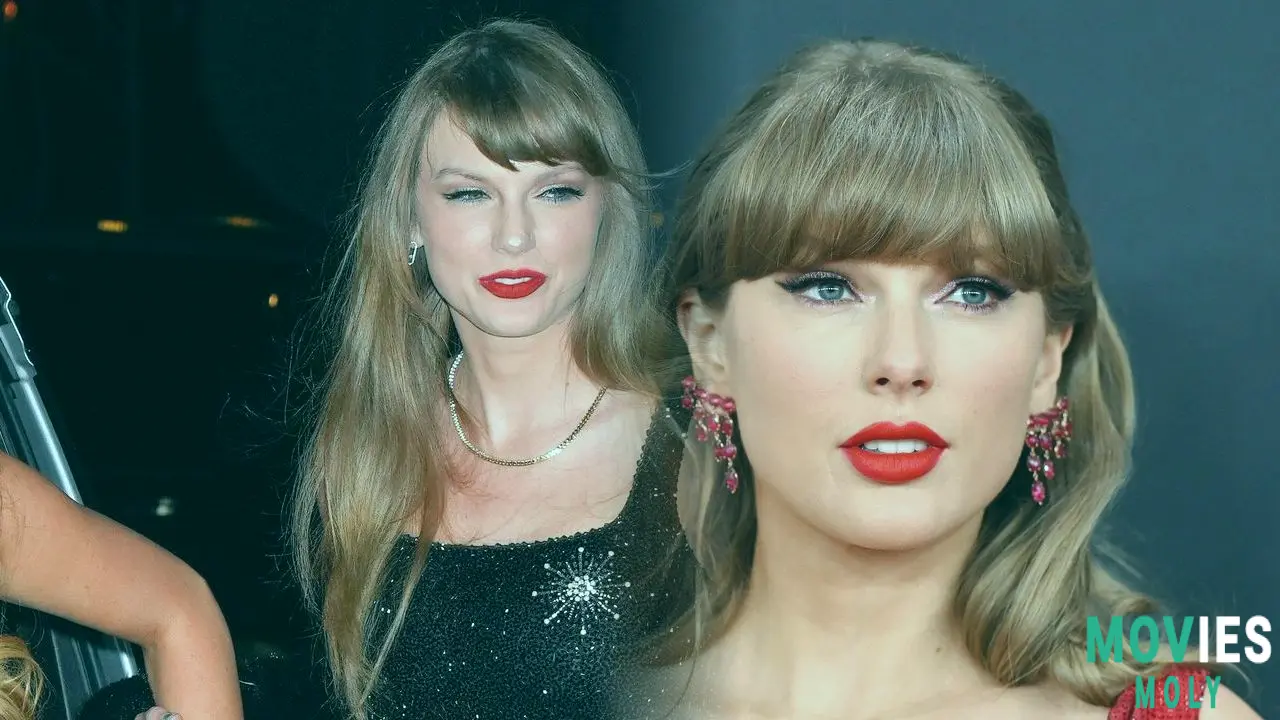
Swift’s spokesperson pushed back hard on the legal move, calling it an attempt to exploit her name for headlines. “Given that her involvement was licensing a song for the film, which 19 other artists also did, this document subpoena is designed to use Taylor Swift’s name to draw public interest,” the statement said.
They also pointed out that Swift didn’t even see the film until weeks after its release. During that time, she was busy touring across the world on her Eras 2024 stadium run — the biggest in history, by most accounts.
It Ends With Us actress says Swift played a “helpful part” in her casting
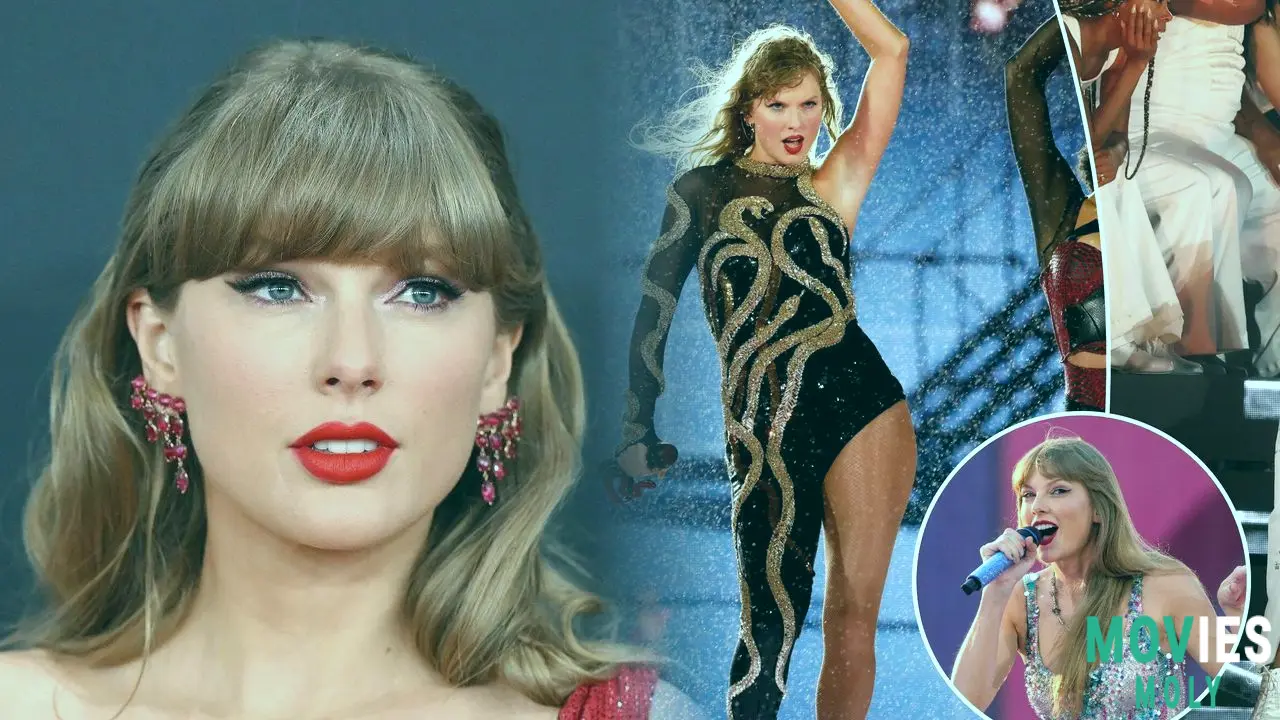
Despite the minimal involvement, some on-set reports suggest Swift’s influence may have extended beyond the soundtrack. Isabela Merced, who stars in the film, told Extra that Swift “was a helpful part of the process” when it came to her audition. She claimed she found this out only after she’d already been cast.
Whether that counts as enough involvement to justify a subpoena is still up for debate. But it’s clear that Swift’s close relationship with Lively— and her larger cultural presence— make her a notable figure in this mess, even if she’s more of a bystander than a player.
Justin Baldoni’s team may also subpoena Hugh Jackman next
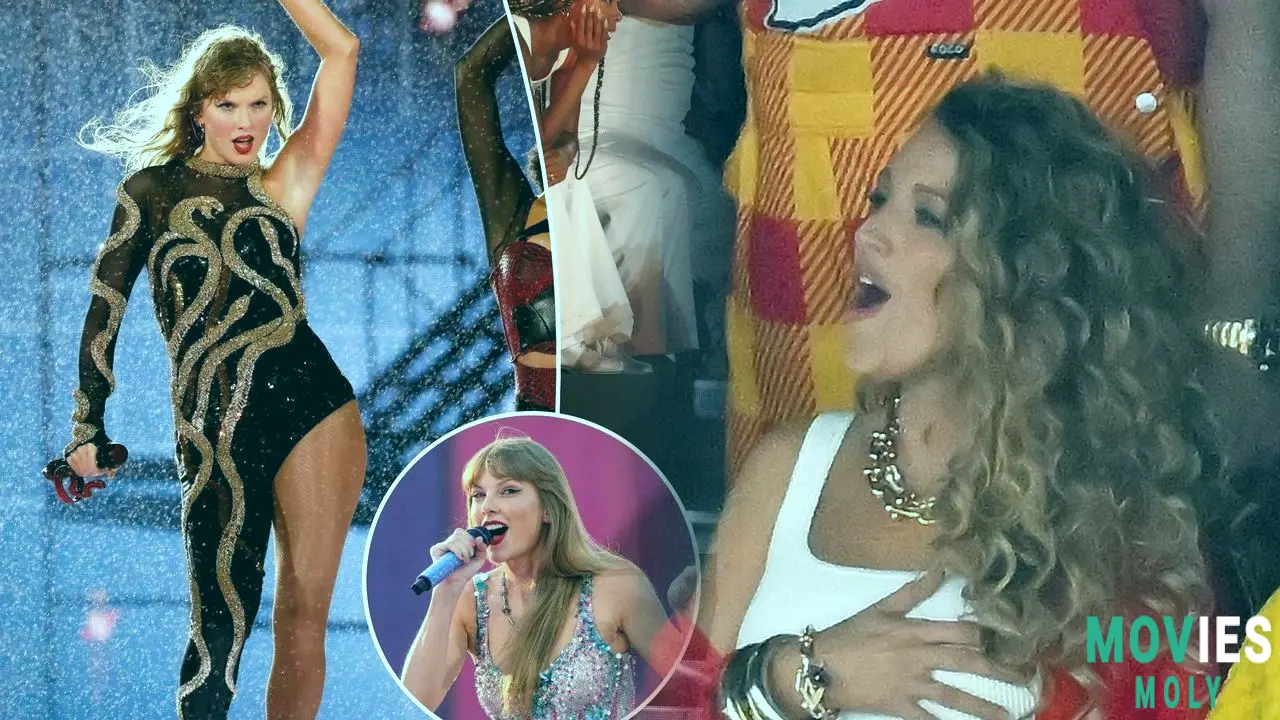
Sources say Swift isn’t the only high-profile name that could be called to testify. Hugh Jackman, who has also been seen socializing with Reynolds and Swift at NFL games, may soon face a subpoena of his own. Insider reports caution, however, that neither Swift nor Jackman “are privy to anything going on” and that the subpoenas may be another attempt to distract from the core allegations against Baldoni.
Jackman’s connection to the lawsuit is eerily similar. Baldoni’s legal team claims that Reynolds and Lively — with whom Jackman shares screen chemistry from Deadpool and Logan — leveraged their clout to influence the film’s direction. They’ve even tried to pull Marvel and Disney into the mix, seeking internal documents about how the Deadpool 3 creators developed the “Nicepool” character, which they say mocks Baldoni.
This lawsuit is becoming one of Hollywood’s most explosive cases in years
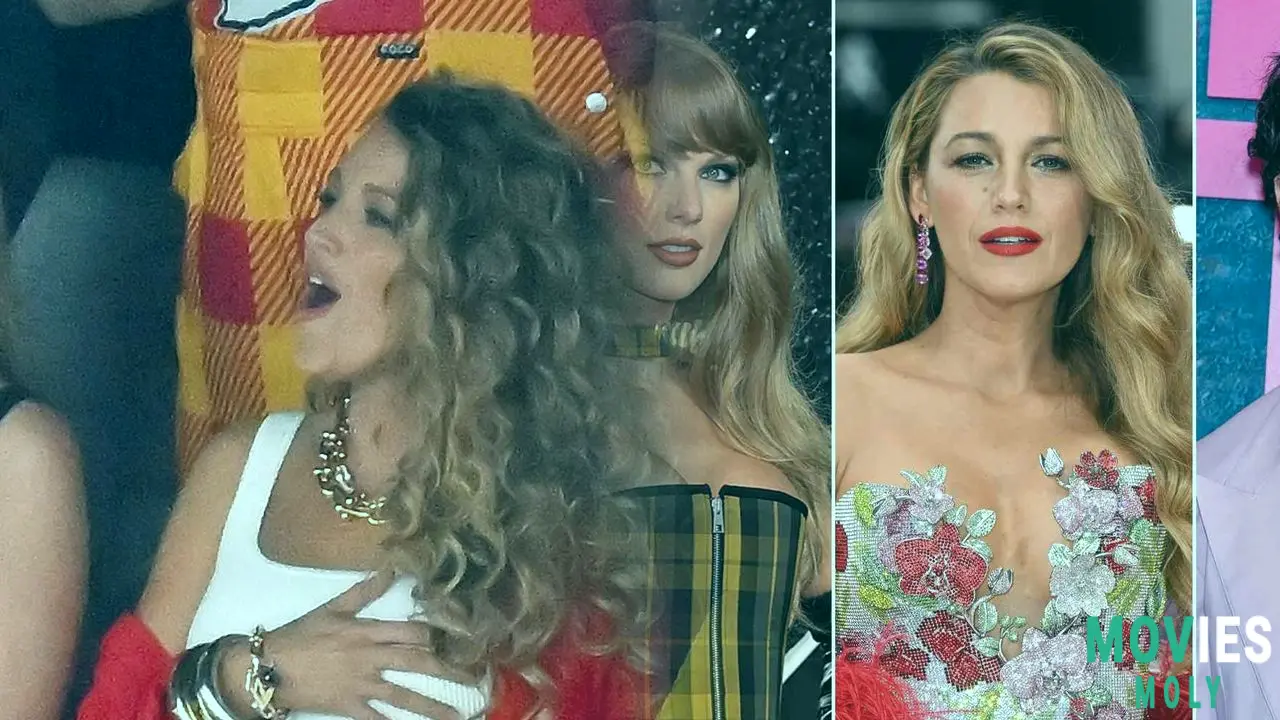
What started as a behind-the-scenes conflict on a domestically marketed film has spiraled into multiple lawsuits, allegations of sexual harassment, and claims of coordinated smear campaigns. Lively filed a complaint with the California Civil Rights Department in December. Baldoni responded with a $400 million defamation suit, targeting not only Lively but also Reynolds, Swift, and others he claims were involved in undermining him.
The trial isn’t scheduled until March 2026, but the lead-up has been messy. Media outlets are now scrambling to parse legal filings that reference Swift by name, even though her only creative contribution was licensing a track—one that directors and studios often use precisely because of her emotional resonance with audiences.
Swift’s subpoena shows how celebrity status can complicate legal battles
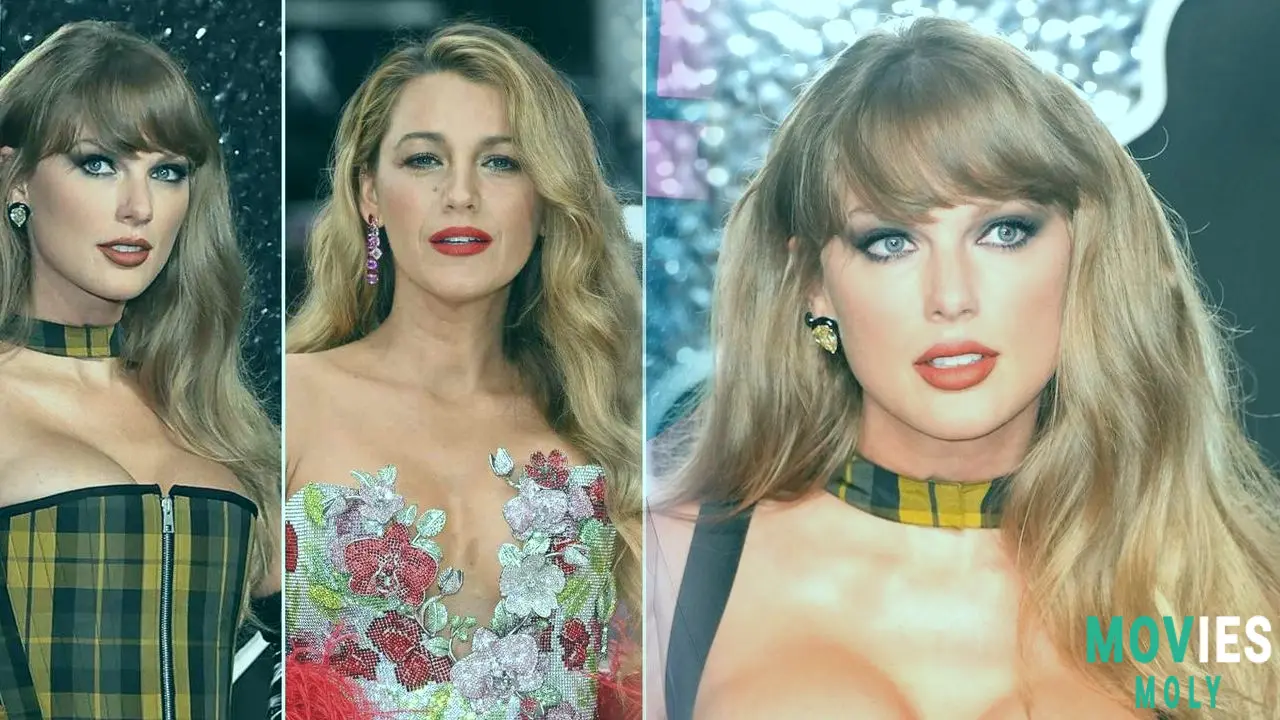
In a case full of power players trying to control narratives, Swift’s involvement is a reminder: sometimes being famous enough means you get pulled into the storm, even when you’re just standing in the background. Her team’s swift (no pun intended) denial and framing of the subpoena as “tabloid clickbait” may not stop the media circus, but it does clarify one thing—Swift’s role in this film drama was limited to a soundtrack license, not a script rewrite or a director’s chair.

